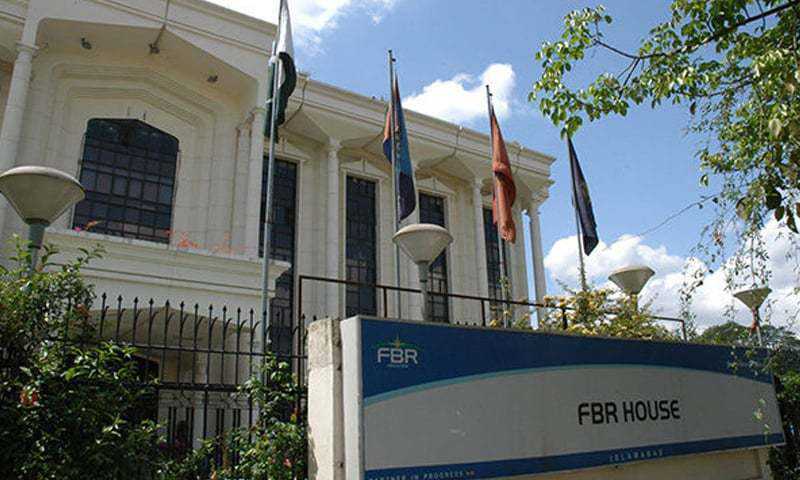FBR mulls DTRE scheme for makers of knitwear, garments

FBR Member Customs Muhammad Zahid Khokhar during a meeting with manufacturers and exporters of value-added textile goods at PHMA House on Friday, said he was convinced that by adopting the Bangladesh model, the textile industry exports could be enhanced in a short period and with little investment.
It was mentioned that Pakistan started its textile industry from spinning sector which still requires huge investments.
However, Bangladesh with its meagre resources started from sewing machines which required low investments but straight away produced value-added textile goods.
Mr Khokhar took the message positively and assured that a scheme would be launched for allowing knitwear garment manufacturing units to install sewing machines and produce value-added garments on imported raw materials such as cotton, yarn and fabric.
He agreed that under the given circumstances, installing sewing machines was the most suitable solution since it did not require much investment and would generate large-scale employment and produce value-added textile goods.
On the occasion, Mr Khokhar said the government has in principle also agreed to make payments of Customs rebate automatically on realisation of export proceeds and an announcement in this regard would be made soon.
He also assured to resolve the Less Container Load (LCL) issue which was often held back by Customs but it is part of the same consignment having Full Load Containers (FCL). Referring to the space in examination hall and requirement of having importers’ representatives at the time of examination, Mr Khokhar said that this practice was done away to avoid direct inter action with Customs staff.
Textile industry has been struggling due to a high cost of doing business. Pakistan’s textile exports in the last three years dropped 9.22 per cent to $12.4 billion. In contrast, Bangladesh’s textile exports have increased 14.5pc to $30.3bn since 2013-14.
The corresponding increase in the textile exports of Vietnam was 26.1pc to $25.3bn.
Source: https://www.dawn.com